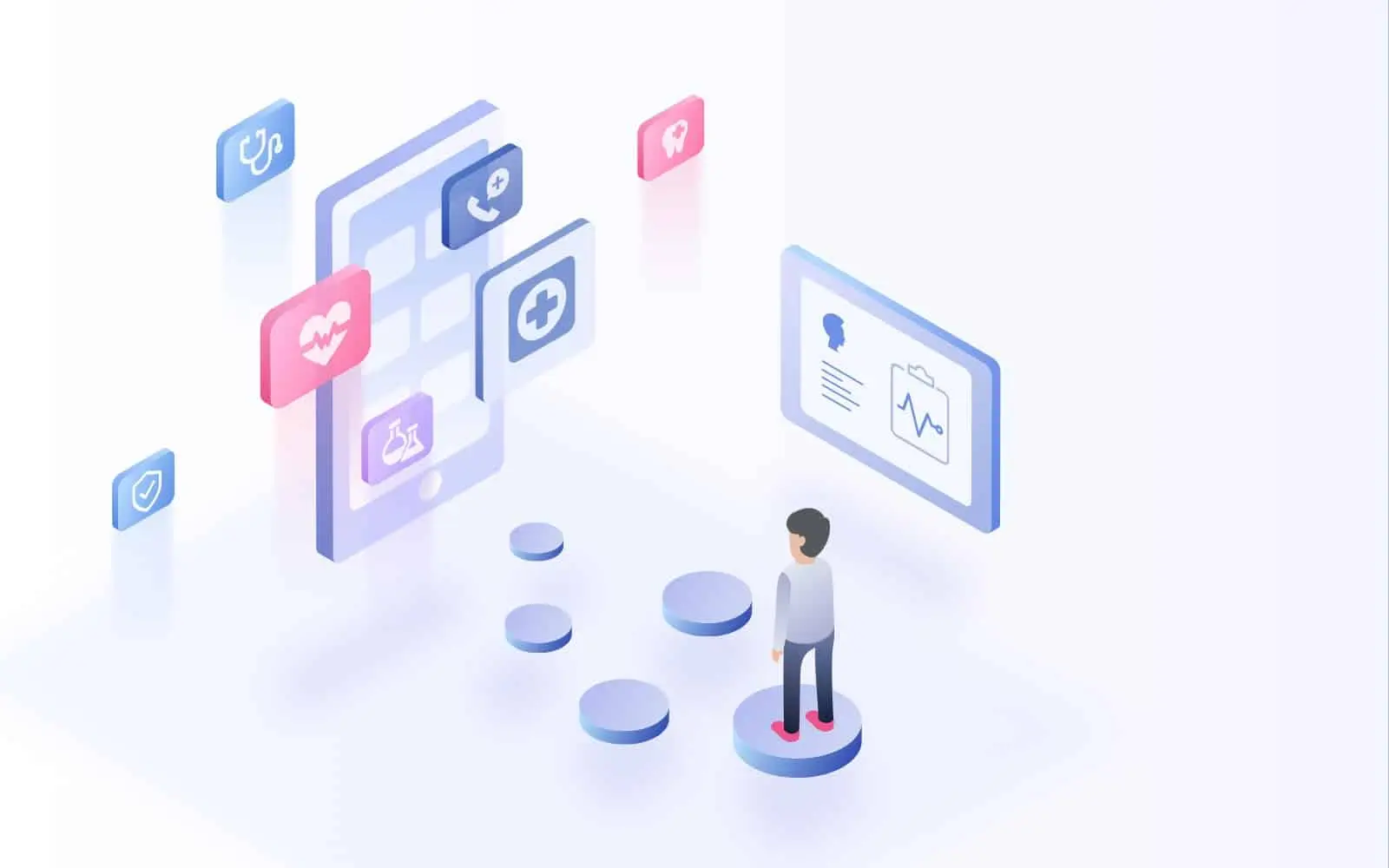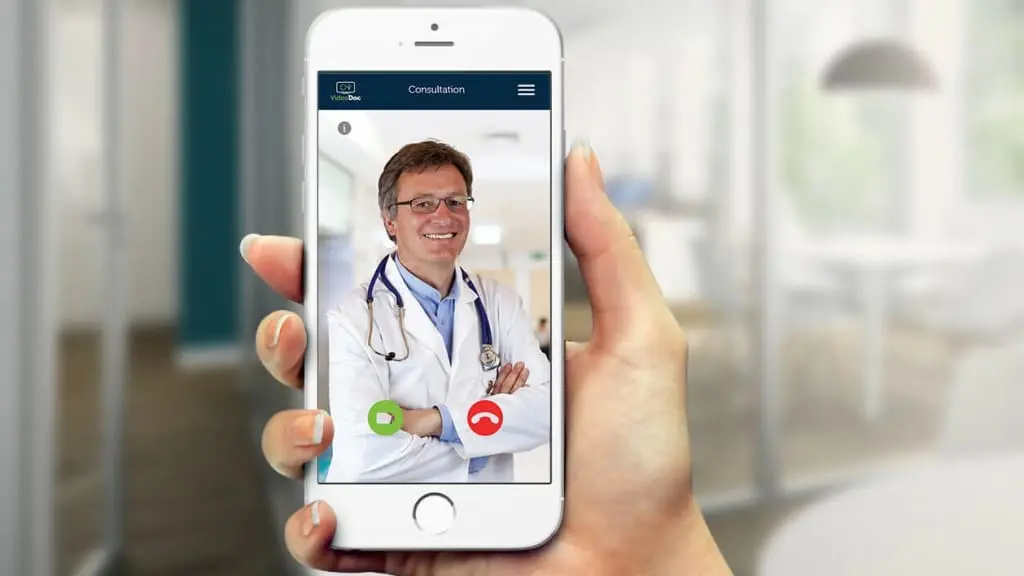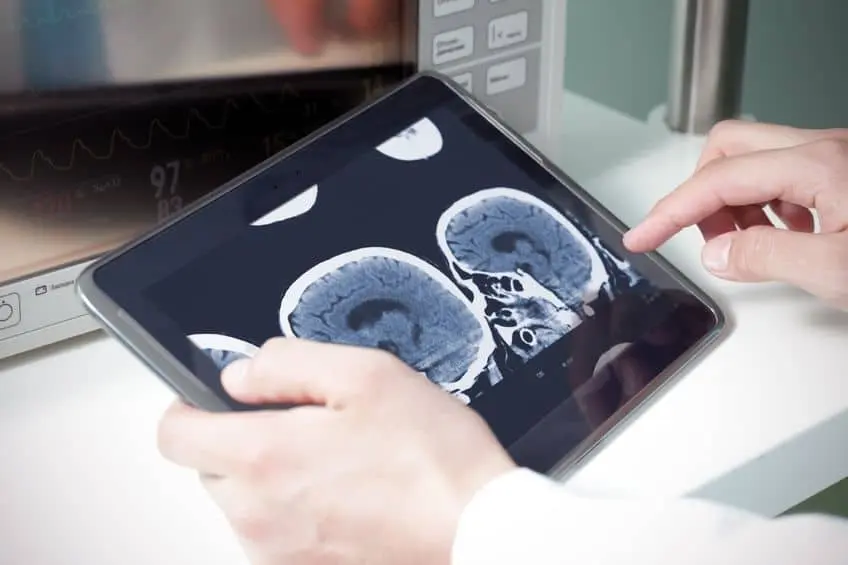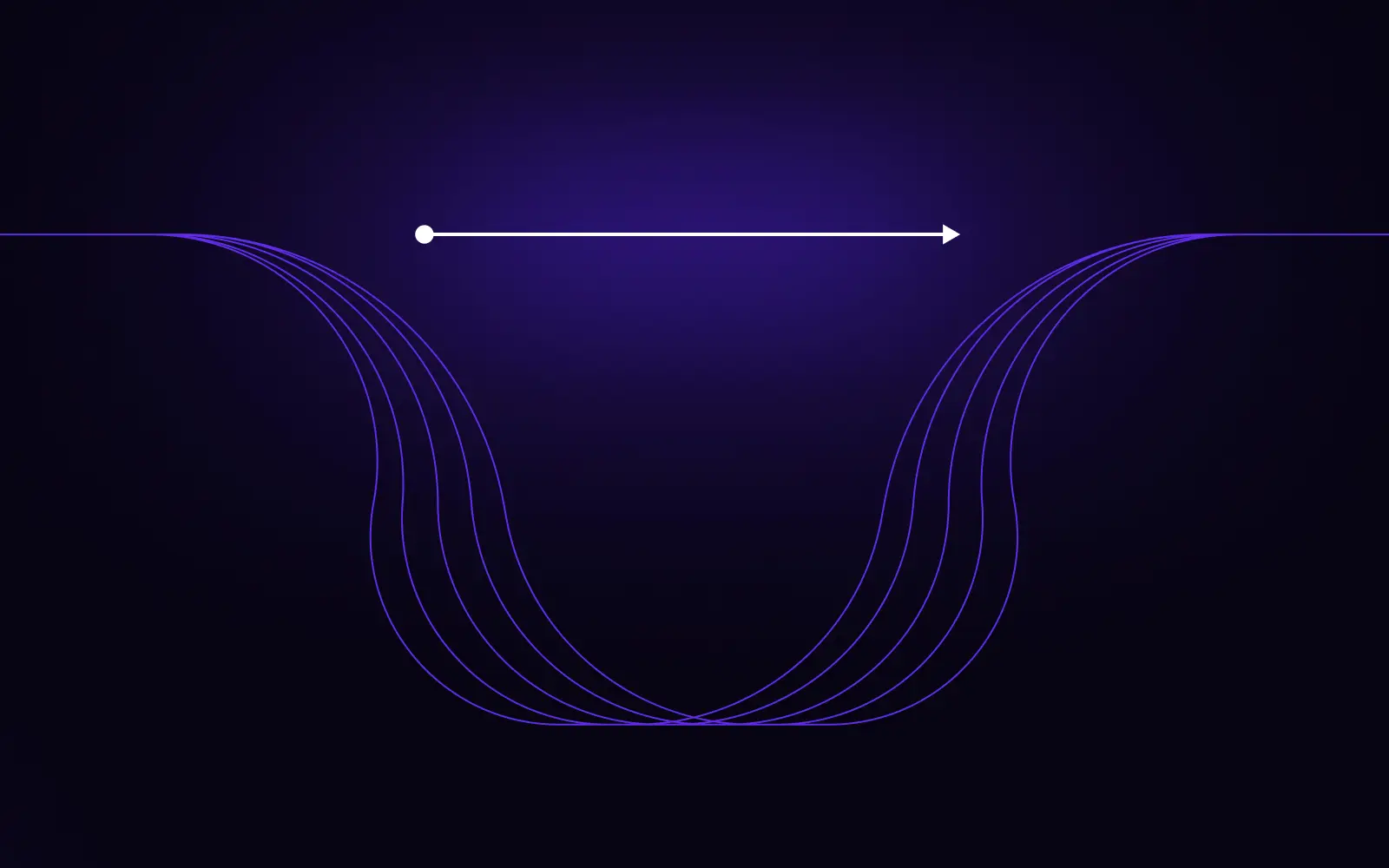
Everything is networked nowadays. We stay connected all the time, pretty much no matter what we do. Despite that, however, “social networking” is usually not a term we instantly link with digital healthcare. And we couldn’t be more wrong, because it matters quite a lot.
Technology has tremendous potential to completely change the healthcare industry. The revolution is already happening and it’s composed of multiple parts. Some of them are more known and apparent than others. Often, when we think of the term digital health, we initially imagine various mobile devices used to monitor our health – but Apple Watches of this world are just the first step. The information gathered via these tools needs to reach the right people, and to achieve best possible efficiency they – in turn – have to be connected with each other and with patients who need their expertise.
Finally, patients also have input valuable to both sides of the equation – medical specialists and consumers. Social networking is crucial to the future of healthcare industry and ideally, it needs to happen in the fastest, safest and most feature-packed way possible. I don’t just mean social media alone, but rather creating communities, bonds, tying people together and making the flow of information easier using technology. Let’s analyze this robust topic from the perspective of three different communication routes.
Tap the Screen To Get Help
The very first, most obvious and basic of these routes is connecting patients with medical specialists. A study published in 2011 by Pew Internet Project showed, that 56% of people used the Internet to find information about treatments or procedures. 44% of users looked for health professionals online, and 36% tried to find information on hospitals or other medical institutions. This clearly shows that the need for easier access to healthcare is there – and has been for at least a few years now.
There is a need for easier access to healthcare
Currently, one of the best, and most advanced ways to answer that need are applications like Medopad or VideoDoc. They allow patients to transmit data to medical professionals and receive care or even conduct consultation in real time. Among somewhat older and simpler tools, we can find sites/apps like Docplanner, which aid you in finding medical help near you, using geographic data. Another example of that is Zocdoc – the approach is similar, but in this case, you can actually seek help even when you don’t know what exactly is happening to you, by typing in your symptoms. We explained the advantages of these tools in one of our blog posts.

Patients can download the app and see a doctor at the tap of a button
They might not scream social at you at first glance, but what do they do if not connect individual doctors with patients who need help? It’s not too far-fetched to think that in the future, solutions like these might completely replace normal professional societies.
Social Media Build Trust
The communication goes the other way too. Medical companies often use social media to carry out complex consumer surveys, which are then either published, or used internally to better the provided services. Hospitals and clinics build their presence in social media and reach out to people. They share valuable – and, most importantly, true – information, thus building trust and relationships with possible clients. Also, online communities are often used during recruitment for clinical trials. In the future such channels might also be used to quickly alert the public about health hazards or to help individual patients understand their treatment options. To put it simply: frequent interaction between patients and medical professionals helps both sides and better tools result in better, more fruitful communication.
A New Meaning for “Doctors Without Borders”
The second way social networking helps the healthcare industry is by making it easier for medical specialists to connect with each other. One of the most obvious advantages of that is allowing them to share expertise, experience and data, or even to teach colleagues less experienced with using different equipment and procedures. It can happen via the normal routes of communication, but specialized platforms are safer, more focused and trustworthy – many of them verify identity and medical degree before allowing someone to join.
Examples of that are sites like Sermo or Doximity – something like a virtual lounge for credentialed doctors only, or QuantiaMD/Univadis – a platform dedicated to sharing knowledge and input between specialists. A different, but interesting idea is Figure1 – a site that allows doctors to share anonymous images of an ailment (such as x-ray scans) and conduct a consultation with other specialists.

Social networking allow medical specialists to share expertise, experience and data
There’s room for improvement and even deeper specialization. One possible option is concentrating on different fields or even occupations. For example, sites like allnurses and Student Doctor Network target nurses and students interested in pursuing a medical career, respectively. Another one could be coupling digital health applications with cutting edge technologies such as VR and AR.
Medical Data Take-Away
It’s not just about sharing specialized knowledge, however. Sharing personal information and patient records can be just as important, and maybe even more impactful, especially from the consumer’s perspective. How so? Imagine you took a trip to a distant part of the world and something bad happened. Maybe you fell victim to one of the pathogens unknown in your region, maybe there was an accident – a broken arm or leg – or maybe a latent disease that has passed under your radar up until now reared its ugly head.
Now ask yourself this: would you rather be treated by a complete stranger guided only by your – let’s be honest, often vague – description (assuming you’re even able to provide it), or by someone who knows what you went through in your life, who knows your medical history nearly as well as your own doctor? I think the answer to that question is fairly obvious.
Would you rather be treated by a complete stranger or by someone who knows your medical history nearly as well as your own doctor?
Initiatives such as the Electronic Health Record allow authorized users to easily and instantly access someone’s medical information online. This also is social networking of a kind – a huge network of specialists who share useful information. When implemented on a large enough scale, a solution like EHR can even help lessen the impact of natural disasters. Last year, when hurricane Harvey wreaked havoc in the US, electronic records proved essential in Houston, allowing easier and safer treatment of displaced patients and much more effective evacuations of endangered facilities, without losing important medical data (in comparison to the tragedy Katrina brought in 2005).
Support and Help of A Different Kind
Great initiatives and ambitious projects are all fine, but connecting patients with other patients can serve an equally important purpose. People suffering from chronic diseases can interact with each other, provide support and share experiences pretty much no one else can truly understand – even when they’re effectively tied to their beds. It can be essential to successful recovery, as proven by the case of Natt Garun, an editor for The Verge, whose battle with cancer was aided by a Facebook support group. The same mechanism also works in less dire circumstances – for example, being in contact with other people with similar problems can help those who’re trying to lose weight and/or live a healthier, more active life.

Being in contact with other people with similar problems can help patients get better – even if it’s just a chat on Facebook
Patients also use Internet to share information on their conditions, diseases, trustworthy specialists, good facilities and so on. For years, people have employed forums, chat rooms and traditional social media for these purposes. Nowadays we also have access to more focused and functional tools – like Google’s Digital Healthcare Community, or platforms akin to the aforementioned Docplanner, where both a worded opinion and numerical evaluation can be published on the profile of a specific medical professional we had contact with. Of course, information like that always has to be taken with a grain of salt, but it can be a valuable tool and it�’s a good thing we have access to it. It’s also worth mentioning are platforms such as WebMD, where health-related conversations can take place and be properly moderated by actual physicians.
That Just the Tip of the Iceberg
The future of digital healthcare will be fascinating. Be sure to check out our articles to get even more inspiration and become an expert on this topic:
» The Digital Future Of Healthcare. How Startups Will Heal a Sick System
» Blockchain: The Universal Remedy For Modern Healthcare
Digital healthcare is one of the industries 10Clouds focuses on. If you want to build your own product, read our success stories and contact us!
Design: Agnieszka Ciurysek



